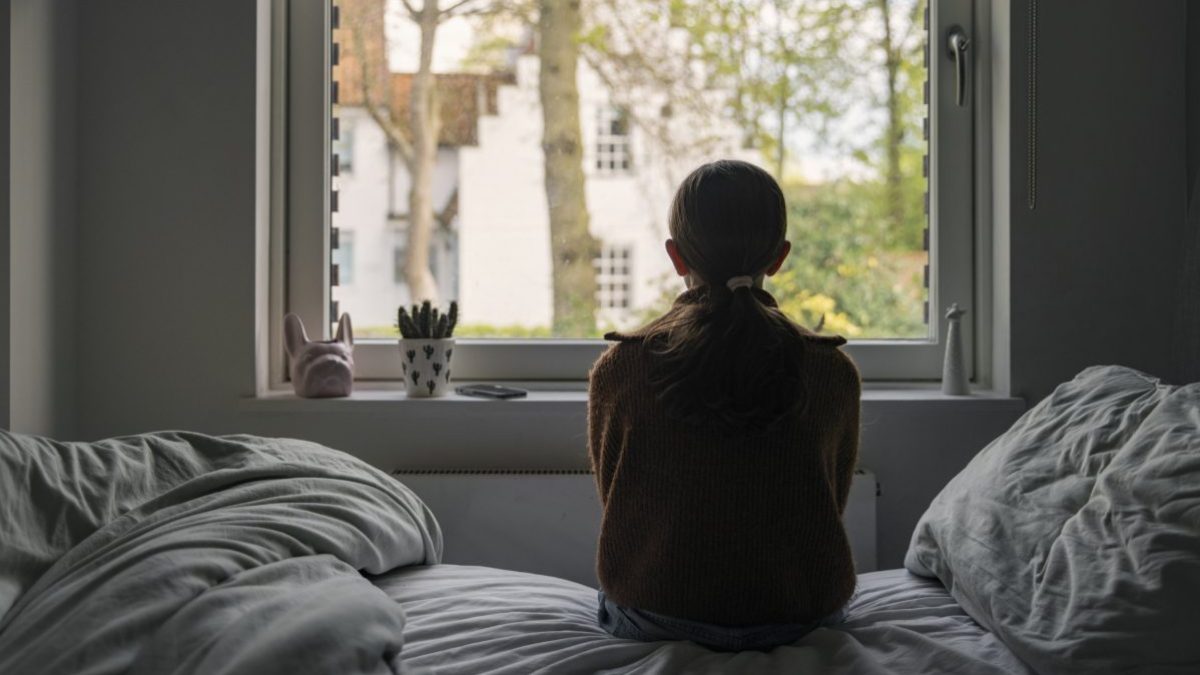Students with mental health problems are seven times more likely to miss school, new data reveals
One in four pupils now have poor mental health which is fuelling the school absence crisis, new Government data shows.
The longitudinal study based on more than 7,000 children, shared exclusively with The i Paper, is the first to confirm the link between poor mental health and attendance.
It found that students with mental health problems are seven times more likely to miss more than 15 days of school than their peers.
Baroness Anne Longfield, executive chair of the Centre for Young Lives, said the study confirms what teachers have been saying, that “many children who are not attending school are struggling with their mental health”.
“We have both a children’s mental health crisis and a school attendance crisis,” she said. “Too many children don’t feel school is for them, don’t feel the sense of school belonging, and this can heighten anxiety and other mental health problems.”
It comes as the Education Secretary is set to unveil plans next week to tackle these joint crises, including how the Government will meet its manifesto pledge to give every child access to mental health support in school.
New measures aimed at boosting attendance are also expected to be announced.
The crisis of absenteeism
The announcement follows a deepening crisis in absenteeism, with the latest Department for Education (DfE) figures showing 150,000 children at state schools were classed as severely absent in 20223-23, meaning they have missed over half of school. This is 30,000 more than the year before and 150 per cent higher than the 60,000 who were severely absent in 2018-19, before the pandemic.
The new study, which tracked 7,737 teenagers over three years and linked their survey responses to school attendance records, has shown that the mental health of severely absent children was around twice as bad as those who only missed 1 per cent of school.
It also found that cannabis users had mental health outcomes twice as poor as non-users, while students who had been bullied experienced mental health that was three times worse than those who had not been bullied.
The findings are based on the second cohort of the Longitudinal
Study of Young People in England (LSYPE2), a large-scale study following a sample of young people born in 1999/2000.
Participants were interviewed from Year 9 to Year 11, with their responses linked to attendance data from the National Pupil Database (NPD).
26 per cent of the participants scored highly on the GHQ-12 scale – a globally recognised measure of mental health – meaning they have a “probable mental illness”.
NHS data from 2023 shows that 21 per cent of 8- to 16-year-olds are likely to have a mental health disorder – up seven percentage points from 2017, when the figure stood at 14 per cent.
Education Secretary Bridget Phillipson said that a “linked crisis” of poor attendance and rising mental health problems has been allowed to “take root”, warning that the wellbeing of children has “deteriorated so much”.
“That is why this Government is committed to giving every school access to a specialist mental health professional – and next week we will take significant new strides to make this a reality,” she said.
She continued: “I want every child to achieve in classrooms where brilliant teachers have the time, tools and support to deliver an outstanding education.
“It’s why we are recruiting 6,500 extra teachers, so there are more brilliant teachers in our classrooms, and why we’re rolling out free breakfast clubs to every primary school in the country so children start the school day ready to learn.”
If you or anyone you know needs support, contact Mind’s support line on 0300 102 1234.
